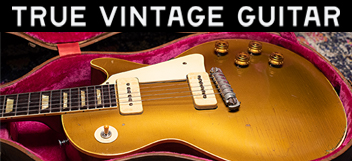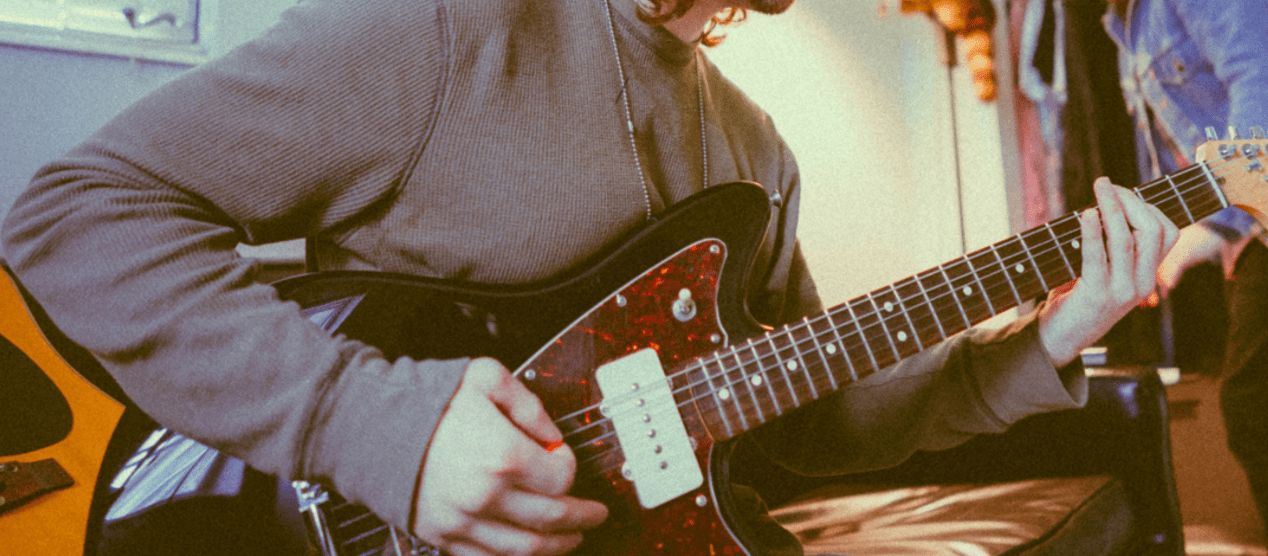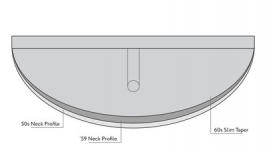Hamerfan
Active member
- Joined
- Dec 20, 2004
- Messages
- 791
I had two 1976 Strats on my bench. One was a dud, sounding dead and lifeless. Did everything adjusting, measuring, comparing, new strings and so on. Then I asked the owners and swapped necks with each other and a Schecter neck I had.
One of the Fender necks was the culprit and caused all the trouble. The bodies did not make too much of a difference.
One of the Fender necks was the culprit and caused all the trouble. The bodies did not make too much of a difference.





